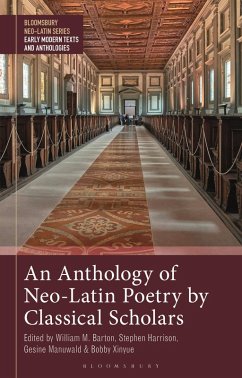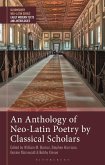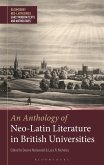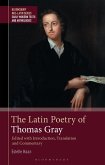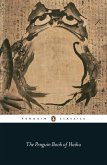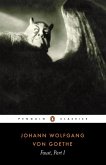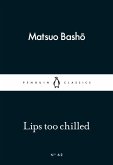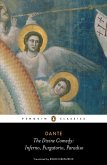Presenting a range of Neo-Latin poems written by distinguished classical scholars across Europe from c. 1490 to c. 1900, this anthology includes a selection of celebrated names in the history of scholarship. Individual chapters present the Neo-Latin poems alongside new English translations (usually the first) and accompanying introductions and commentaries that annotate these verses for a modern readership, and contextualise them within the careers of their authors and the history of classical scholarship in the Renaissance and early modern period.
An appealing feature of Renaissance and early modern Latinity is the composition of fine Neo-Latin poetry by major classical scholars, and the interface between this creative work and their scholarly research. In some cases, the two are actually combined in the same work. In others, the creative composition and scholarship accompany each other along parallel tracks, when scholars are moved to write their own verse in the style of the subjects of their academic endeavours. In still further cases, early modern scholars produced fine Latin verse as a result of the act of translation, as they attempted to render ancient Greek poetry in a fitting poetic form for their contemporary readers of Latin.
An appealing feature of Renaissance and early modern Latinity is the composition of fine Neo-Latin poetry by major classical scholars, and the interface between this creative work and their scholarly research. In some cases, the two are actually combined in the same work. In others, the creative composition and scholarship accompany each other along parallel tracks, when scholars are moved to write their own verse in the style of the subjects of their academic endeavours. In still further cases, early modern scholars produced fine Latin verse as a result of the act of translation, as they attempted to render ancient Greek poetry in a fitting poetic form for their contemporary readers of Latin.

